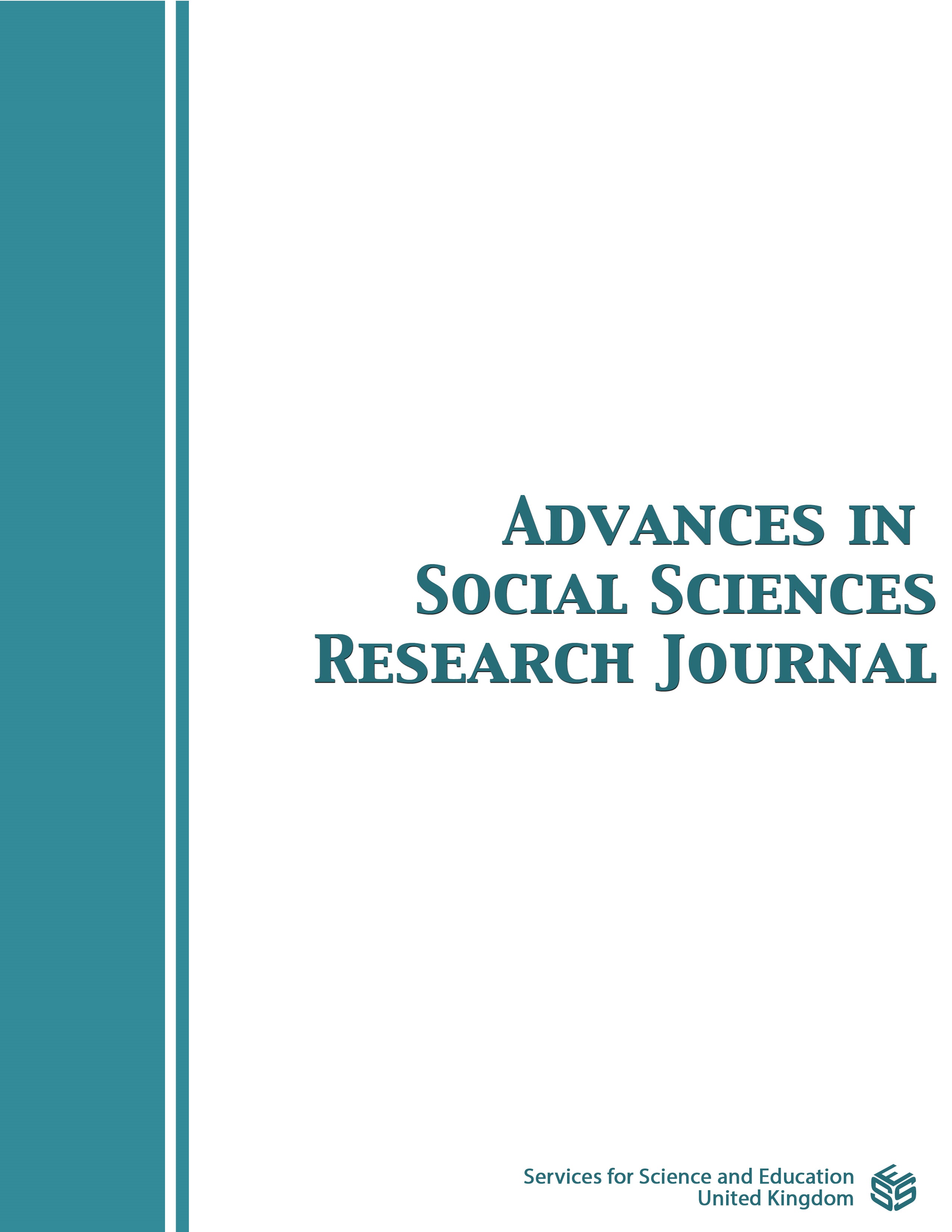Cognitive Dissonance Induction to Decrease Vaccine Hesitancy Among Syrian Refugees in Lebanon: A Cognitive Approach Towards the Promotion of Health Seeking Behaviors
DOI:
https://doi.org/10.14738/assrj.105.14669Keywords:
Public health, vaccination, COVID-19, health policy, health servicesAbstract
Background: The rollout of the COVID-19 vaccine represented more than logistical challenges. Lebanon, despite benefitting from the COVAX initiative that made vaccines more accessible to everyone residing in the country, faced considerable challenges encouraging the Syrian refugee population to register for a vaccine. The reasons behind refugees’ reluctance to get vaccinated were mainly behavioral in nature: fear of side effects, doubts about the vaccine’s effectiveness, and even the belief that the vaccine was unnecessary. Methods: An RCT was conducted in order to test the impact of dissonance induction on the level of willingness of Syrian refugee survey respondents who had not been vaccinated (n=1,569). The survey also collected data on refugees’ knowledge, attitudes, and practices regarding the vaccine. Results: Results revealed that dissonance induction significantly reduced vaccine hesitancy, with more pronounced effects detected among women, middle aged adults. Conclusion: These findings have important implications on rethinking the behavioral aspect of the delivery of public health services to the refugee population in Lebanon and vulnerable populations elsewhere.
Downloads
Published
How to Cite
Issue
Section
License
Copyright (c) 2023 Fadi Makki, Aya Haidar, Paola Schietekat Sedas, Nabil Saleh

This work is licensed under a Creative Commons Attribution 4.0 International License.
Authors wishing to include figures, tables, or text passages that have already been published elsewhere are required to obtain permission from the copyright owner(s) for both the print and online format and to include evidence that such permission has been granted when submitting their papers. Any material received without such evidence will be assumed to originate from the authors.






